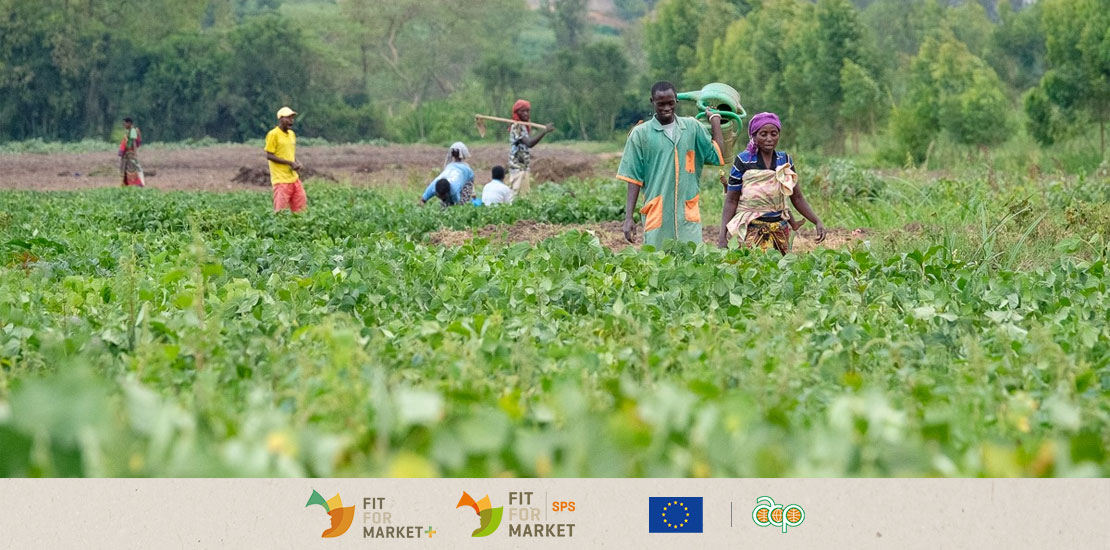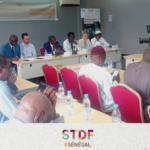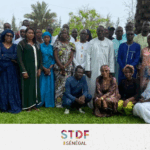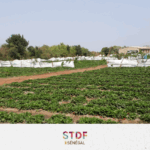EC “Mirror Clauses” report reiterates importance of WTO rules and support for developing countries
- 13/07/2022
- Posted by: Sandra Borma
- Category: ACP EN, News

On 3 June 2022 the European Commission published its report on the application of EU health and environmental standards to imported agricultural products. The debate on how EU rules can ensure that imported produce matches EU standards – described as “mirror clauses” – has been a hot topic during France’s presidency of the Council. Several Member States are pressing the Commission to ensure that as the EU strives for higher standards, third countries must be obliged to apply the same rules. Their argument is that failure to set the same levels for imported food would undermine environmental efforts being made in the EU, and give unfair competitive advantage to agricultural exporters abroad.
COLEACP, in response to a public consultation on the topic and in meetings with DG SANTE, has joined other stakeholders in emphasising the importance of acknowledging the different production conditions and challenges facing developing countries, including African, Caribbean and Pacific (ACP) states. While ensuring consumer health and addressing climate concerns are also a priority for ACP producers, these objectives may be reached in ways other than those prescribed for EU farmers. Encouraging countries to copy EU legislation may not be the most appropriate or most efficient way to meet these shared goals.
The Commission’s report responds cautiously to the drive for “mirror clauses”. The EU is able to adopt measures that place specific demands on those exporting to the EU, for example pesticide residue limits, or rules on animal welfare. However, the Commission emphasises that it can only do so while fully respecting World Trade Organization (WTO) rules and other international commitments. In the report, the Commission reiterates its commitment to adequately support developing countries in advancing sustainability:
“The EU will continue to ensure coherence of its sustainability agenda with its enlargement, neighbourhood and development policies. This also implies taking into consideration trade impacts on third countries. Flanking measures, including funding, technical cooperation and capacity building, may be important to assist trading partners when engaging in more sustainable practices, especially for most vulnerable countries and neighbouring partners that undertake ambitious commitments in those fields.”
The Commission’s report was presented and discussed at the Farm Council on 13 June. Agriculture Commissioner Janusz Wojciechowski emphasised that EU autonomous measures must be “justified on a case-by-case basis, must be proportionate in relation to the goal sought, in full compliance with WTO rules and subject to fulfilling certain conditions”. The Commissioner also specifically highlighted to the Council the concerns that have been raised in relation to small-scale farmers in ACP countries. The Member State ministers welcomed the report, with many countries urging the Commission to ensure that future measures do not have a detrimental impact on developing countries.
This activity is supported by the Fit For Market SPS and Fit For Market+ programmes, implemented by COLEACP within the Framework of Development Cooperation between the Organisation of African, Caribbean and Pacific States (OACPS) and the European Union.





